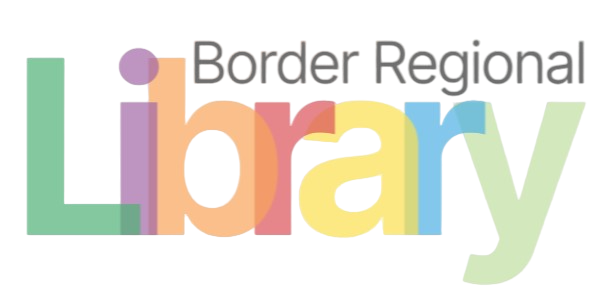Education about Misinformation
- Check First. Share After. (MediaSmarts) - Stop the spread of misinformation.
- Science Literacy (Coursera & University of Alberta) - Free. By the end of the course, learners will be able to understand and use scientific evidence to challenge claims based on misinformation and engage the process of science to ask questions to build our knowledge.
- Verified: COVID-19 Information and Fighting Misinformation - Verified is an initiative of the United Nations, in collaboration with Purpose, to cut through the noise to deliver life-saving information on COVID-19.
Fact-Checking Websites
- FactCheck.Org - A project of the nonpartisan, nonprofit Annenberg Public Policy Center, which monitors the factual accuracy of what is said by major US political players, such as politicians and lobbyists.
- PolitiFact - Staff from the Tampa Bay Times publish original statements by US political players, check their factual accuracy, and assign each a rating ranging from "True" to "Pants on Fire."
- Media Bias/Fact Check - Includes a searchable database of media sources and articles that are categorized according to bias, from extreme left to extreme right. Note that "bias" is subjective, and not the same thing as "fact."
- Snopes - An independent website that covers urban legends, modern folklore, internet rumours, and other stories of questionable origin.
- TruthOrFiction.com - Another independent myth-busting website, this one focuses on dubious stories that resurface year after year, instead of "breaking" news and current events.
- Hoaxy - A search engine developed by researchers at Indiana University that visualizes how fake news and other claims spread across social media.
More Guides from Libraries and Literacy Organizations
- Evaluating Information Sources (UBC) - this is for upper-level students when doing research for assignments.
- Fake News: Let's Check a Claim (Indiana University East) - A university creates a fake website, then shows you how to recognize it's fake news!
- How to Spot Fake News (International Federation of Library Associations) - provides a downloadable poster or jpg image.
- How to Spot Fake News (Toronto Public Library) - step-by-step how to assess whether an information source is credible, or if there is bias.
- Media Smarts (Canada's Centre for Digital and Media Literacy) - provides children and youth with critical thinking skills to engage with media as active and informed digital citizens.
